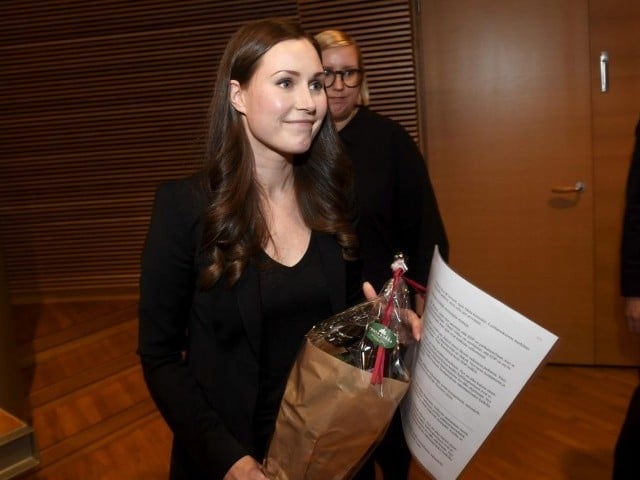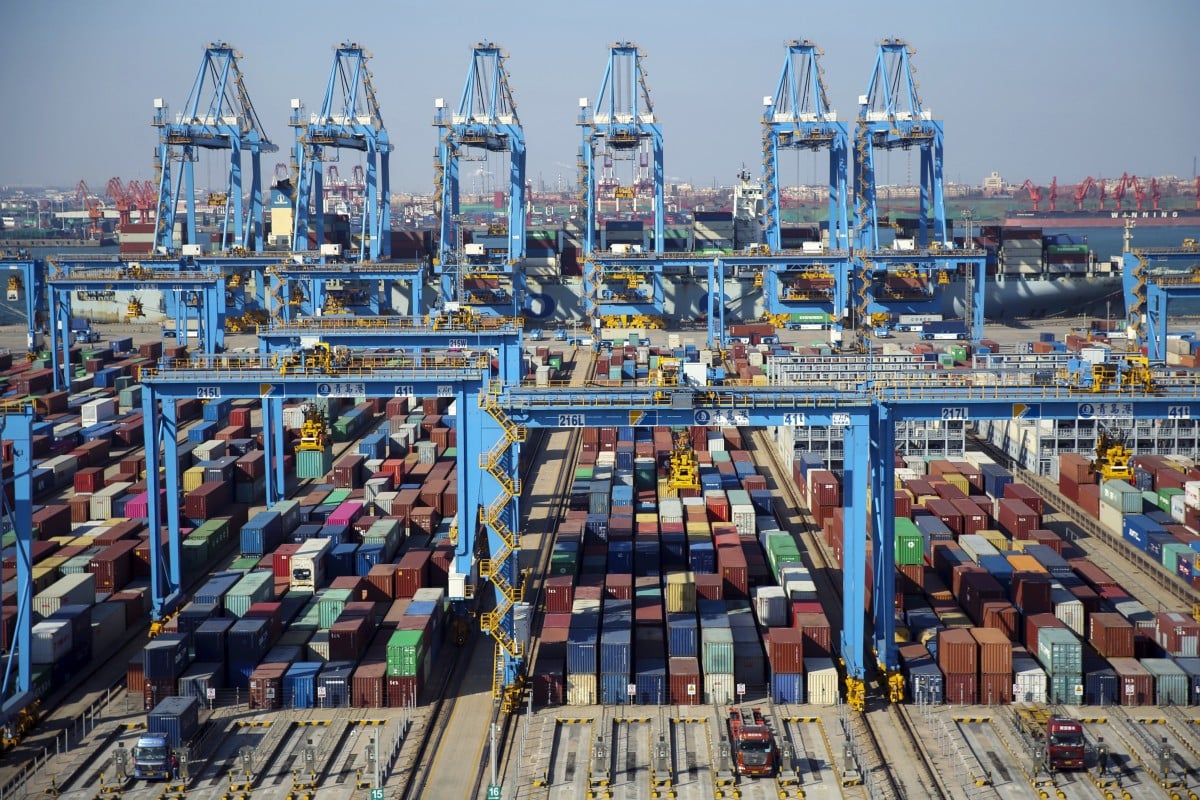
HELSINKI: Finland’s transportation minister Sanna Marin was selected by her Social Democratic party on Sunday to become the country’s youngest prime minister ever, taking over after the resignation of Antti Rinne.
The 34-year-old Marin, whose party is the largest in a five-member governing coalition, will be the world’s youngest serving prime minister when she takes office in the coming days.
Rinne resigned on Tuesday after a party in the coalition, the Centre Party, said it had lost confidence in him following his handling of a postal strike.
“We have a lot of work ahead to rebuild trust,” Marin told reporters after winning a narrow vote among the party leadership. Antti Lindtman, head of the party’s parliamentary group, was runner up.
Marin has had swift rise in Finnish politics since becoming head of the city council of her industrial hometown of Tampere at the age of 27.
She will take over in the middle of a 3-day wave of strikes, which will halt production at some of Finland’s largest companies from Monday. The Confederation of Finnish Industries estimates the strikes will cost the companies a combined 500 million euros ($550 million) in lost revenue.
The centre-left coalition, which took office just six months ago, has agreed to continue with its political program stressing a shift to carbon neutrality after Rinne announced he was stepping down at the demand of the Centre Party.
“We have a joint government program which glues the coalition together,” Marin said.
The timing of the change in leadership is awkward for Finland, which holds the rotating presidency of the European Union until the end of the year, playing a central role in efforts to hammer out a new budget for the bloc.











